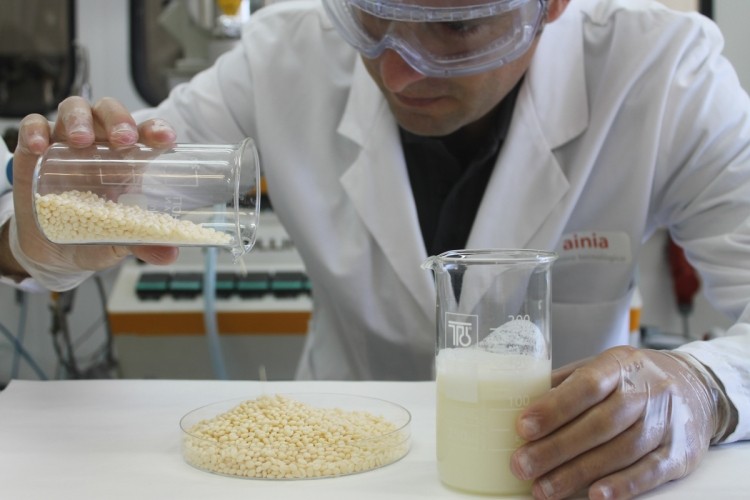In a breakthrough that could redefine India’s vegan dairy landscape, 71-year-old food technologist Dr Chaitanya Hoskote has developed a unique plant-based Cheddar cheese using sweet potato and carrot—an innovation with no known global precedent. This novel approach may soon become a game-changer for India’s lactose-intolerant and vegan consumers.
A professor at DY Patil College, Navi Mumbai, and PhD-holder from CFTRI Mysuru, Dr Hoskote, embarked on this journey after experimenting with almond and cashew-based cheeses. However, he quickly realised these were cost-prohibitive for the Indian market. “India is a price-sensitive market,” he says. “I didn’t want just to copy Western products. I wanted to create something truly Indian in taste and price.”
Rooted in Local, Designed for All
Switching to locally available sweet potatoes and carrots—a move both economically and nutritionally motivated—Dr Hoskote faced several setbacks. “I must’ve discarded kilos of ingredients during trials,” he laughs. “But with each mistake, we refined the taste, firmness, and texture—crucial in plant-based cheese.”
A key success came when he noticed the natural orange hue of carrots closely resembled traditional Cheddar, eliminating the need for artificial colouring. “It’s all-natural and good for health,” he notes.
A First for India, and Possibly the World
According to Dr Hoskote, there’s no recorded documentation globally of a sweet potato-carrot blend being used for Cheddar-style vegan cheese, marking this as a pioneering innovation from India. “We’re not just creating food—we’re creating sustainable alternatives that resonate with the Indian ethos,” he says.
His company, Sattvedik LLP, aims to address the low awareness surrounding plant-based dairy in India. “People know paneer, not cheese—and even fewer know vegan cheese,” he observes. Sattvedik also produces vegan curd, buttermilk, and shrikhand, all tailored for the lactose-intolerant market.
From Zero-Waste to Export Aspirations
Operating on a B2B model, Sattvedik supplies premium cafés, such as Barista, with vegan almond milk and is exploring export opportunities in Southeast Asia. Dr Hoskote’s methods emphasise zero-waste production. “Even the filtrate from almond and millet milk extraction is repurposed into cookies, shrikhand, and table spreads,” he adds. “We make eight additional products from what others discard.”
In Mumbai alone, plant-based cheese imports are worth ₹8–10 crore annually. “If we can match that quality at a lower cost, local businesses benefit and the ecosystem grows,” says Dr Hoskote.
Next Frontier: Affordable Plant-Based Mozzarella
Dr Hoskote’s next project is a cost-effective vegan Mozzarella cheese. “Why should a pizza cost more than ₹50? Good vegan food must be affordable,” he insists. His goal is to make dairy alternatives accessible to even lower-income groups, democratising plant-based nutrition across India.
As demand for dairy alternatives, sustainable dairy farming, and lactose-free milk in India grows, Dr Hoskote’s journey exemplifies how innovation, tradition, and sustainability can come together for meaningful impact.
